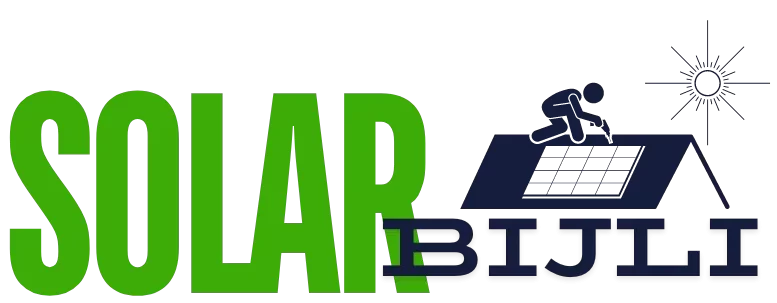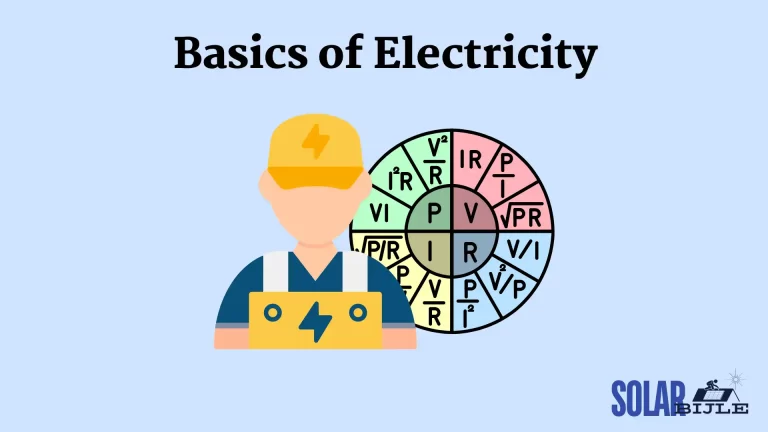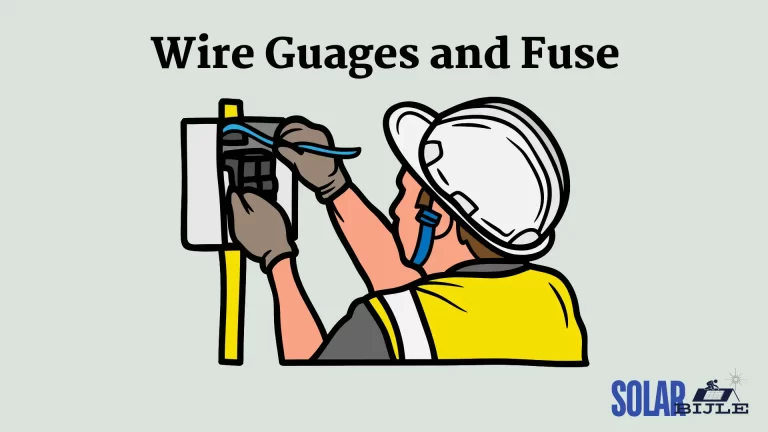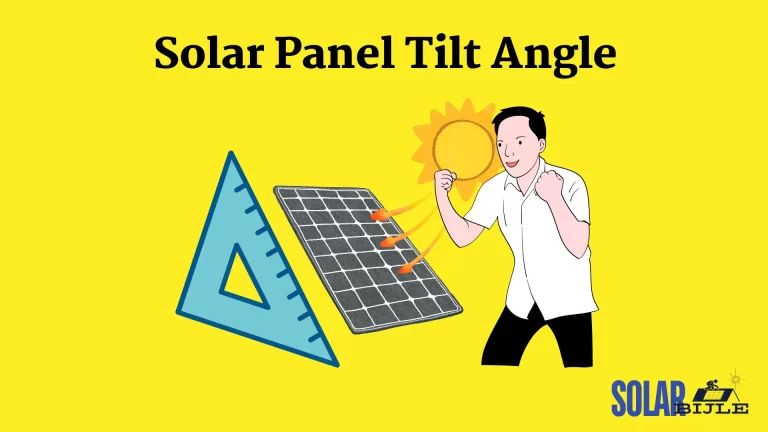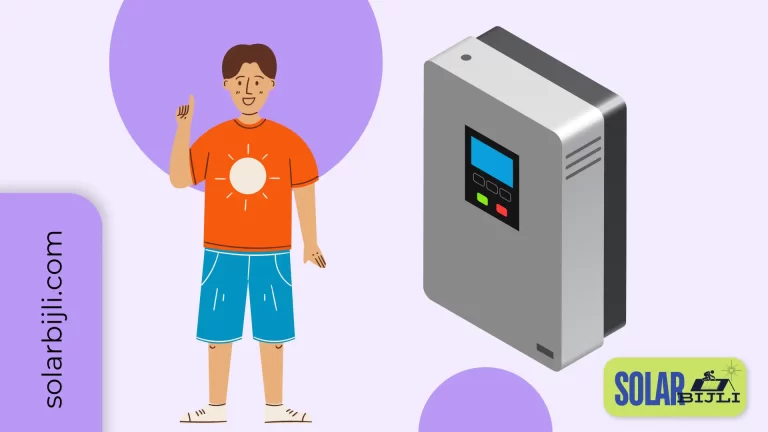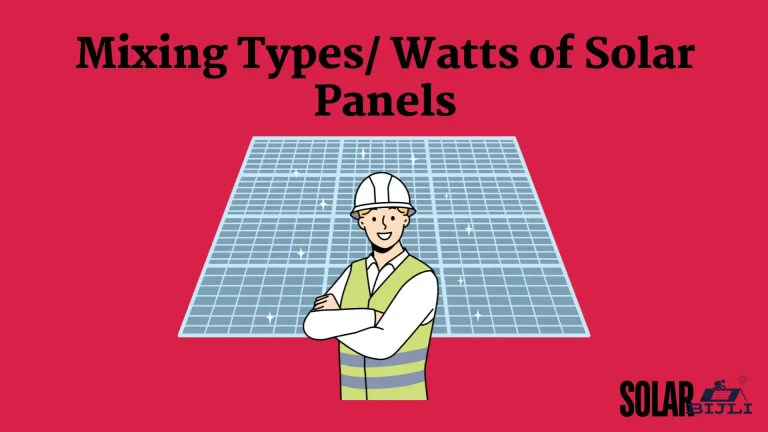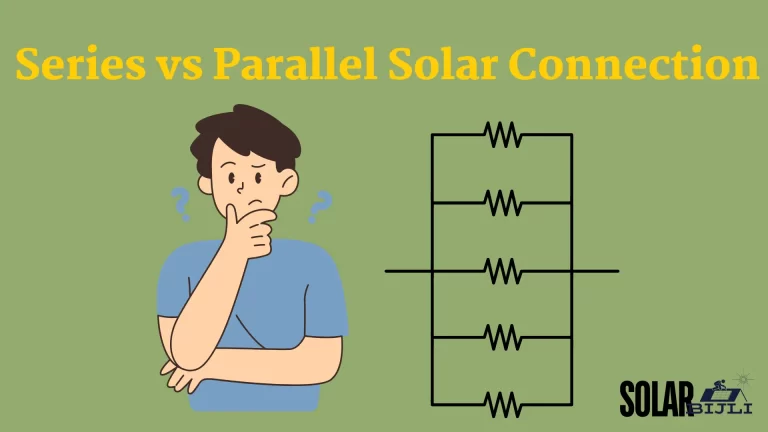When I got my solar system, I didn’t think ahead. Now, my inverter is too small, and I can’t expand.
It’s crucial to calculate your home’s current and future energy needs. Make sure your inverter has extra capacity for growth. Trust me, you don’t want to be stuck like I am now!
How to calculate Home Energy Load
To calculate home electricity load, I checked my peak energy bills. For example if i have consumed 500 units of electricity then i would go for a 5KW inverter. If you want to cater for future energy needs then i would suggest that you should go for an 8 KW inverter.
I also used online calculators, which are super handy.
Another method? List all your appliances, note their wattage, and estimate usage hours. These simple steps helped me get a clear picture of my energy needs.
How to use our online calculator for estimating solar load
First, select each device from the dropdown and its wattage will fill automatically.
Enter how many hours it runs daily. Add more devices as needed.
Once done, hit “Calculate Total Load” to see your daily and monthly energy use and get solar system recommendations. It’s quick and easy!
Home Load kWh Calculator
Results
What is Electrical Load?
Electrical load is just the total amount of electricity all the things in your home use. Think of it like the power needed to make your lights, TV, and other devices work. When you turn on a light, it adds to your home’s load.
Why Knowing Your Home’s Electrical Load is Essential
Knowing your home’s electrical load helps you understand how much energy you use. This is super important when you want to get a solar system. If you don’t know your load, you might buy a system that’s too small. Here’s why it matters:
- You won’t run out of power.
- You can plan for future needs.
How Electrical Load Affects Energy Consumption
Electrical load affects how much energy you use and your electricity bill. The more devices you have on, the higher your load, and the more energy you consume. For example:
- Turning on more lights increases your load.
- Running big devices like a washing machine or heater uses more power. Understanding this helps you control energy use and save money.
How Electrical Load Influences Solar System Components
Understanding your electrical load is key to choosing the right solar components. If your load is high, you’ll need more solar panels and a bigger inverter.
I suggest getting an inverter that’s slightly larger than your current needs to allow for future growth. If your budget allows, opt for an IP65 inverter over an IP21 for better durability.
Also, go for a hybrid inverter that works even during load shedding, unlike an on-grid inverter that needs electricity to function. This way, you’re covered in all situations!
Common Mistakes to Avoid When Calculating Electrical Load
Ignoring Peak Load Times
Don’t ignore peak load times. These are when you use the most power, like evenings. Missing this can lead to underestimating your needs. Always consider when you use the most electricity.
Not Accounting for Future Energy Needs
Think ahead! Your energy needs might grow. Don’t just plan for now. If you add new devices later, your system might be too small. It’s better to have extra capacity from the start.
Relying on Estimates Instead of Accurate Calculations
Avoid guessing your energy use. Always calculate your load accurately. Estimating can lead to mistakes. Use real numbers for better results. This way, your solar system will meet your needs perfectly.
Conclusion
To ensure that you get the return on your investment and piece of mind, knowing your home electrical load is a key to buy the right size solar system for home.
If you have catered for the future energy needs and your inverter has the capacity then once the budget allows you can increase solar panels.
Use our online calculator will surely help you to size your solar system accurately.
